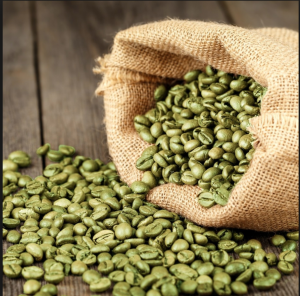Our group decided to focus our action project on the topic of trade. For me personally I wanted to learn more about the subject because it has been such a hot topic in the news lately with Trumps tariffs and threats over trade agreements. Our original plan was to hold a faculty panel, but the University beat us to it. Therefore we had to change course and figure out a new way to productively talk about trade. Our goal for the project was simply to learn more about the topic, spread information, and then see how students could get more involved. My team and I decided to create a podcast where we had two guest speakers. One speaker was Joseph Maurey who is the Coffee manager and roaster at the University of Washington and our second speaker was Stan Sorscher, a board member from the Washington Fair Trade coalition. What we learned from conducting the podcast is that although trade is an expansive and complicated aspect of the international community, there are choices that individuals can make to influence the way trade is conducted.
The podcast consisted of 24 questions that touched on topics of gender, race, colonization, transportation, labor issues, and international agreements all in relation to trade. One of the topics that was brought up quite a bit was the effects of globalization. The more we dove into this topic the more my peers and I came to realize that globalization has had some very negative side effects on developing countries. For example, in the United States, coffee purchasers are paying very low prices for coffee (which is an expensive commodity) because we have bilateral trade agreements that unevenly benefit the US over coffee producing countries like Uganda and Colombia. The reason for these low prices is because in the US we are not paying the labor costs to produce coffee. Coffee is a very labor-intensive process that requires beans to be hand-picked by workers (usually women). However, these laborer’s work under poor conditions and are not paid nearly enough in wages which is what keeps the prices so low for producers. Ultimately our decision to buy coffee at such a low price is promoting a system of inequality and exploitation. This was very relevant for our class because Professor Litfin talked a lot about how much of our food production is highly racialized and defined by gender roles.
However, one thing I believe listeners can take away from this podcast is that they have a choice to consume products that drive industries. Even if it’s something as simple as a cup of coffee. The podcast ended up being 52 minutes long and in all honesty its worth listening too! I hope you guys enjoy it as much as we did!
Link to podcast : https://scheckj5.wixsite.com/piggybank
